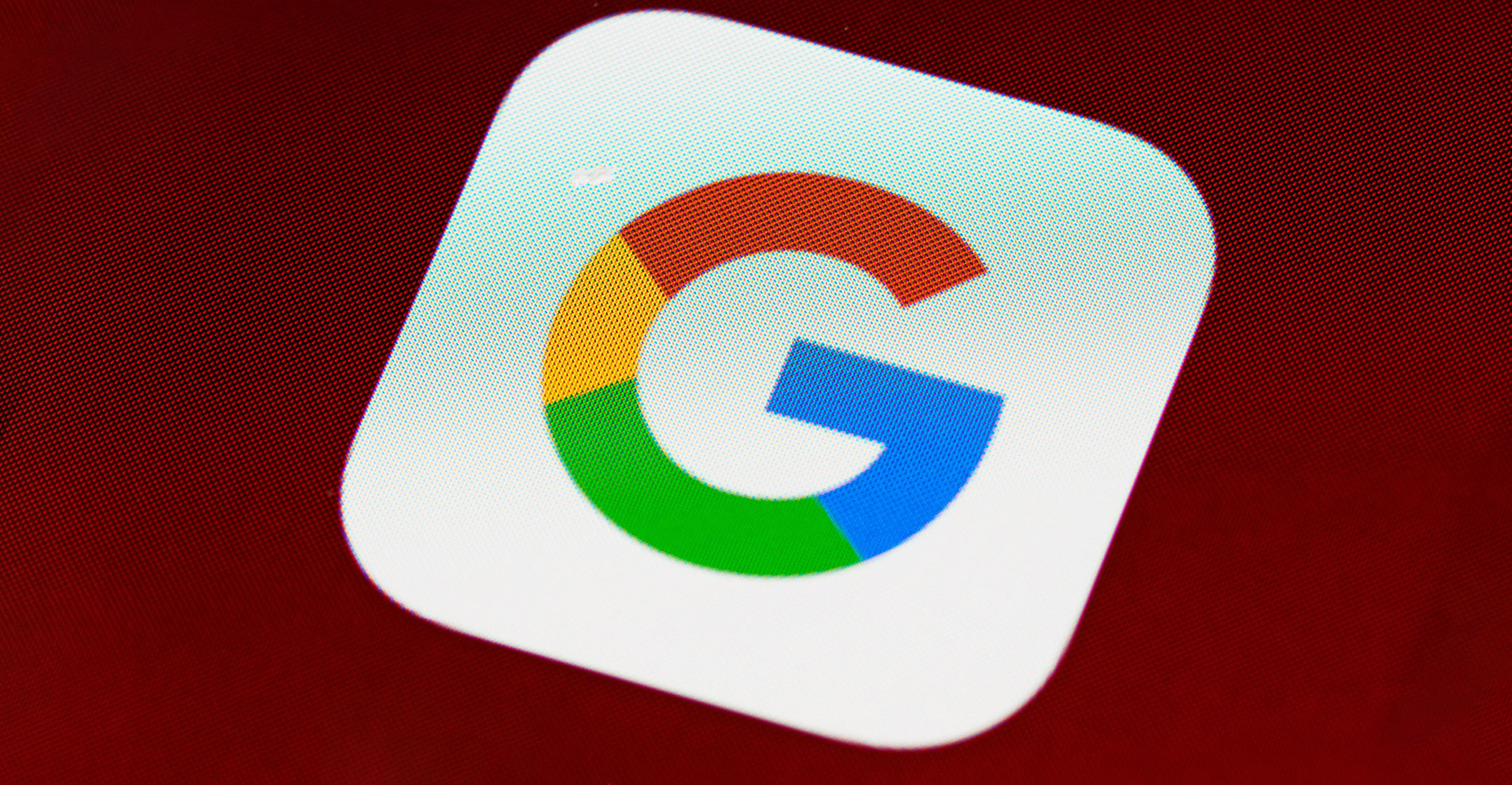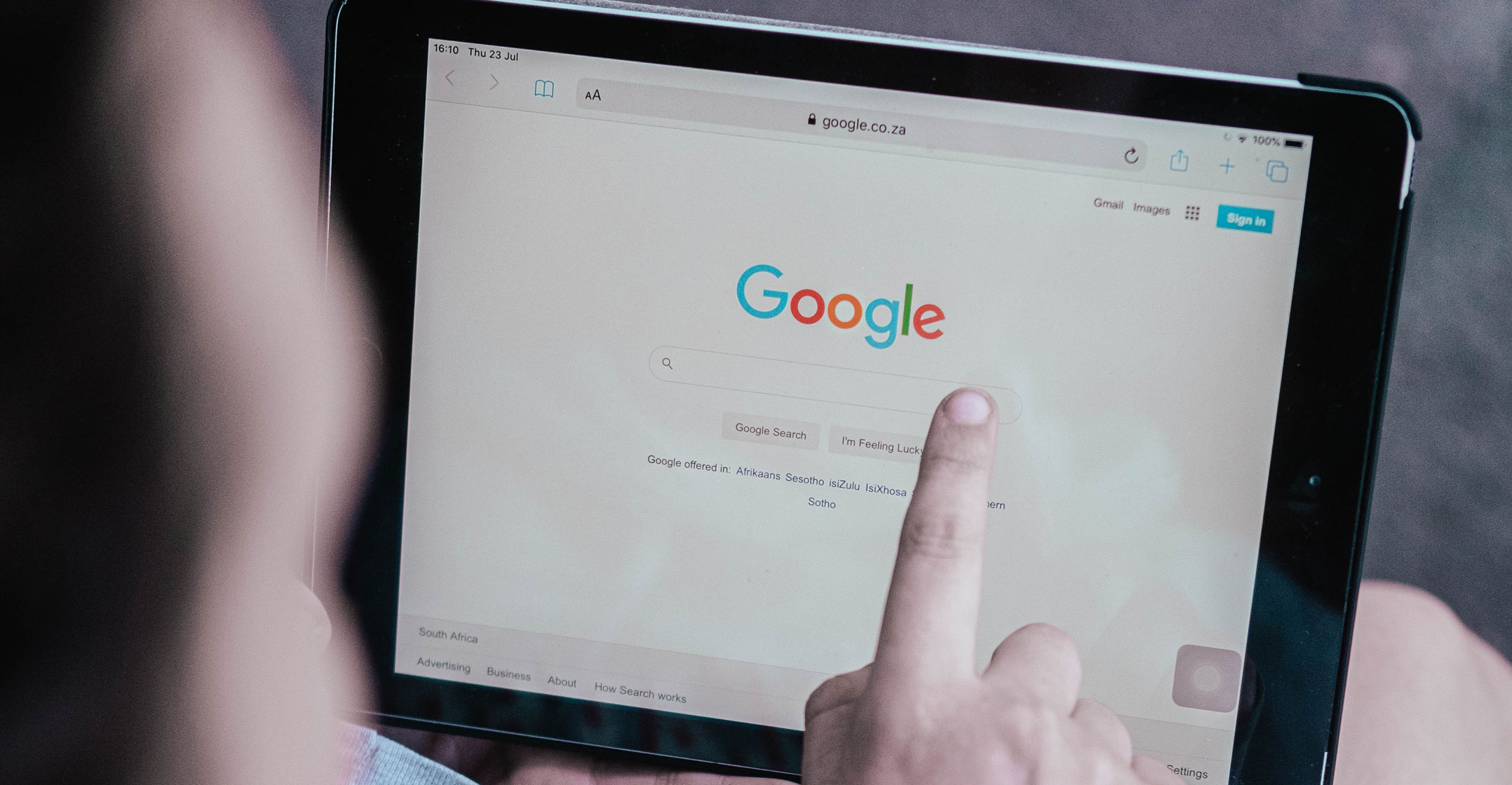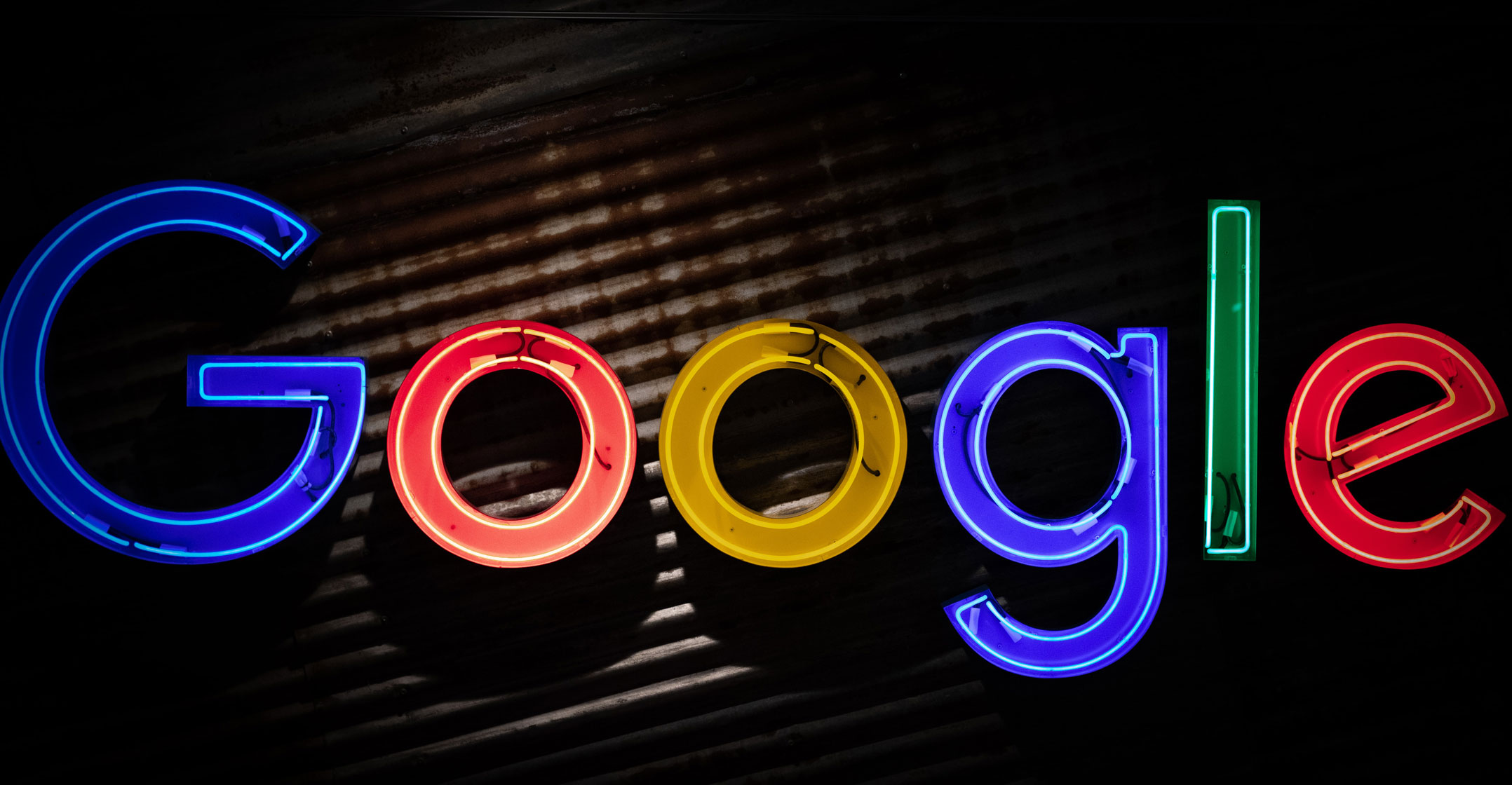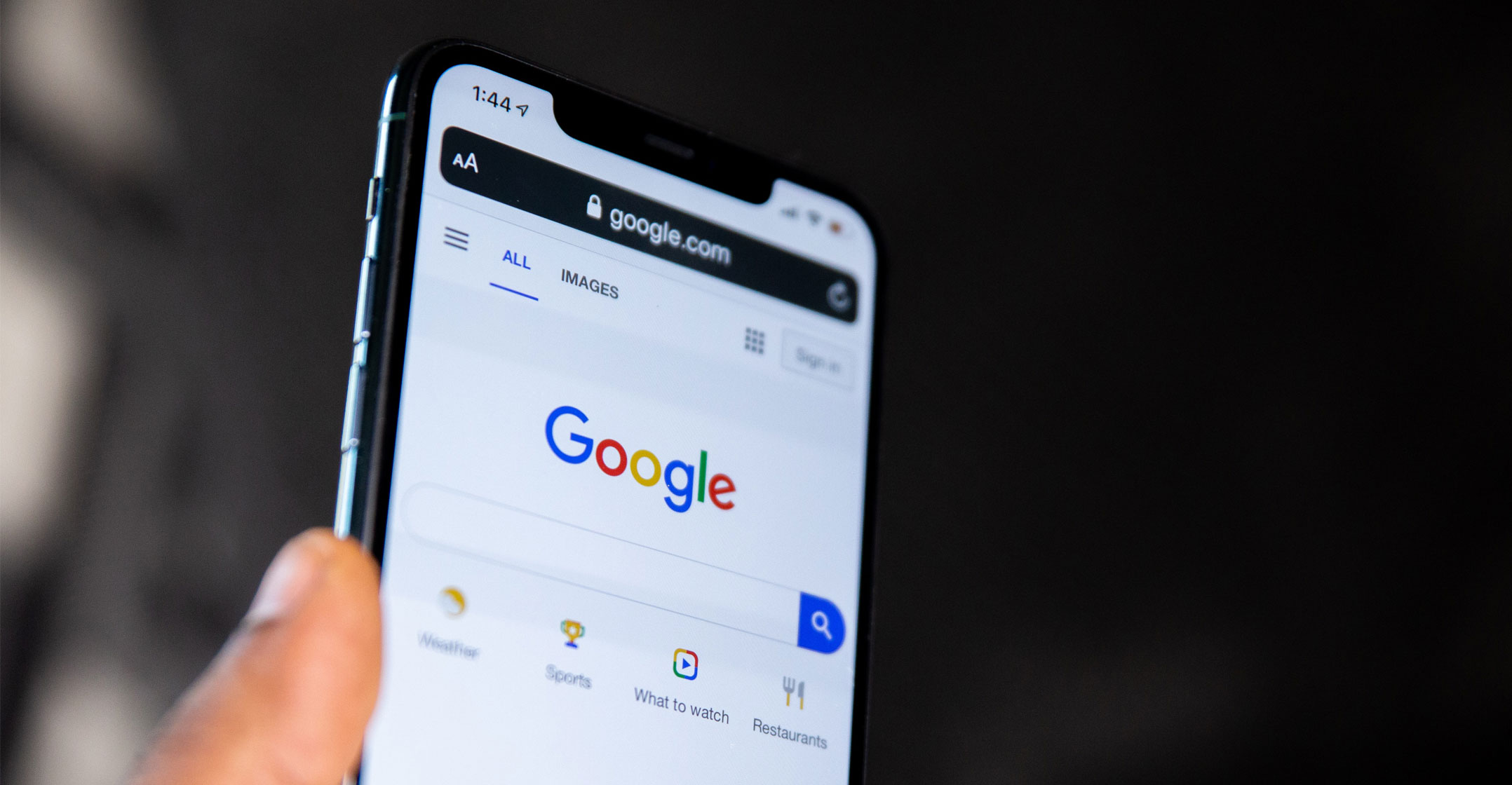
Google is under growing pressure to pay for information that, for two decades, the search provider snipped from the Web — and made a mint from — without paying a penny.
Australian and French efforts to force Google to compensate news publishers are only the latest examples of a trend spanning the globe. Canada is considering a similar requirement and rival Microsoft has urged the US to pass a comparable law.
“If Australia is successful, it could be a precedent for the rest of the world,” said Belinda Barnet, a senior lecturer at Swinburne University of Technology in Melbourne.
In response, Google has begun paying for more information, but on its own terms rather than rules imposed by strict new laws. In October, the company committed US$1-billion to fund a News Showcase that lets users discover and read stories from a variety of sources. The company also recently agreed to pay News Corp tens of millions of dollars over three years. Beyond news, Google has been licensing more information about weather, stocks and cryptocurrency that appear at the top of search results.
The world’s largest Internet company made $40-billion last year, so these new payments are relatively small. But if more countries follow suit and other content creators ask for similar treatment, this threatens to undermine the company’s mission and change its main business model.
Freely accessible
Google was founded in 1998 on the idea that information online should be freely accessible. “A well functioning society should have abundant, free and unbiased access to high-quality information,” the founders wrote before the company’s 2004 listing.
That early approach made Google so useful, the search service became a verb for finding what you need, remembering a salient fact or researching a homework project. Users type in a phrase and the company shows a link to relevant websites and snippets of the information the sites have gathered. To fund the operation, Google often shows targeted ads alongside these results.
The company was a scrappy upstart for many years, but Google now controls at least 80% of most online search markets, making it a powerful digital gatekeeper beset by antitrust lawsuits. Governments and some partners have grown sceptical, realising the company isn’t providing information for free, but generating more than $100-billion in annual advertising revenue from it — without being responsible for most of the content. That’s coincided with slumping ad sales at publishers that rely on Google for traffic.

News indirectly generated $4.7-billion in revenue for Google in 2018, even though people often don’t click through from search results to publishers’ websites, according to estimates in a 2019 study by the News Media Alliance, a trade association representing more than 2 000 newspapers. Google called the estimate “totally wrong” and said fewer than 2% of search queries are news related.
“This means that news organisations go uncompensated even while all this traffic fuels platforms that have become profitable tech gatekeepers on which businesses must advertise to reach consumers,” Brad Smith, Microsoft’s president and chief legal officer, wrote in a recent blog supporting regulatory moves to force Google to pay more for this content. Microsoft’s rival search engine, Bing, has less than 5% market share in Australia, and is far behind Google in other markets, too.
Richard Gingras, vice president of Google News, acknowledged that the Internet “has caused disruptions in the news industry’s business models”, particularly for legacy publishers.
“We’re not against providing financial support to the industry,” he said. “The question is, what are we paying for? And are those arrangements structured in a way that is fair and equitable to the full ecosystem of publishers as well as to our commercial deals with those publishers?”
Gingras was particularly concerned by one part of Australia’s proposed News Media and Digital Platforms Mandatory Bargaining Code. It would have required a designated platform to pay for including links to news articles and snippet summaries in search results. He said that would “break the Internet” because it challenges the notion of an open Web, in which it’s free to link to other sites. Gingras argued this would undermine the trust of users, who wouldn’t know if information was being presented to them on the merits of its quality or because of commercial agreements.
Collective bargaining
At the discretion of Australia’s treasury, the law makes platforms pay for stories by negotiating with every Australian publisher making more than A$150 000 (R1.75-million) in annual revenue. Collective bargaining rights would also help smaller news organisations band together to gain more leverage in negotiations. And if both sides can’t agree, a panel of arbitrators chosen by the parties selects a final price for the content based on final bids.
Google threatened to shut off its search engine in Australia if the country went ahead with the original version of the law. Facebook took a more aggressive stance, purging its social network of news in Australia, before reversing course.
The final version, passed by Australia’s parliament on Thursday, no longer designates Google or Facebook as platforms, leaving them free to decide which commercial deals to pursue. There is, however, a provision for the country’s treasurer to make that designation in the future if he feels the companies hold a significant power imbalance over publishers. He must give one month’s notice before forcing them to participate in negotiations with media companies.

As the legislation gathered steam, Google fought back in subtler ways, by offering to pay for news through individual deals that sometimes pit publishers against each other.
While some larger news organisations, including Rupert Murdoch’s News Corp and Nine Entertainment, publisher of the Sydney Morning Herald, aggressively pushed the legislation, Google launched News Showcase in Australia and initially picked smaller rivals sceptical of the bill to join the effort.
“Some of these large players don’t like the Internet the way it’s structured,” said Gingras. “Other platforms they’re successful on, like cable and satellite — where access to audiences and building audience share go to those with the most influence and financial wherewithal — has obviously been very good for them.”
Google is paying some smaller news publishers in Australia tens of thousands of Australian dollars a month to be part of its News Showcase, according to a person familiar with the situation, who asked not to be identified discussing private deals.
Private Media, which owns outlets Crikey, The Mandarin and SmartCompany, was one of the first outlets to negotiate a spot in the News Showcase.
“For other media organisations, this might be part of some wider game they are playing with those platforms,” said Will Hayward, Private Media’s CEO. “For smaller publishers such as ourselves, who invest the vast majority of their resources into serious news journalism, this is a really big issue.” He was deeply concerned by the prospect of Google and Facebook pulling back from the Australian market.
Good first step
Hayward described the News Showcase as a good first step toward Google supporting journalism. But he acknowledged the limitations. “If you’re a media business and you think Google Showcase is going to solve all your problems, I agree it’s probably a sideshow,” he said.
After bending to the spirit of Australia’s new law — without completely submitting — Google may now have to play a game of Whack-a-Mole in other countries.
France’s antitrust agency said in April that the tech giant must pay publishers for snippets of their news stories that appear in search results. This year, the regulator said Google was not complying with the order despite commercial partnerships with some French publishers. Google pledged to review the concerns and work with the regulator.
 “Our priority is to comply with the law, and to continue to negotiate with publishers in good faith, as evidenced by the agreements we have made with publishers in the past few months,” Google said.
“Our priority is to comply with the law, and to continue to negotiate with publishers in good faith, as evidenced by the agreements we have made with publishers in the past few months,” Google said.
The company has employed hardball tactics to avoid paying for news before. In 2014, Spain passed a copyright law that let news organisations charge aggregators such as Google for including their stories. Rather than comply, the Internet giant shut off its News service in the country.
Seven years later, Google is back in talks to revive the product in Spain — as long as it can pick which publishers it wants to pay rather than compensating all of them. — Reported by Nico Grant, (c) 2021 Bloomberg LP

